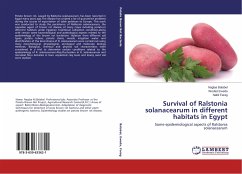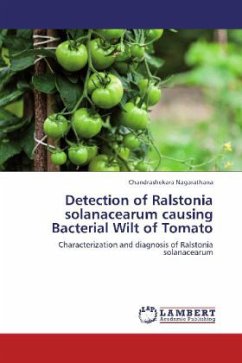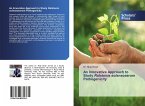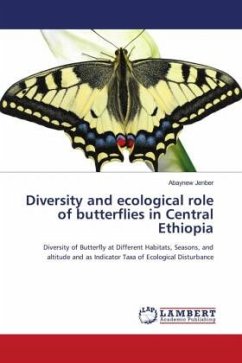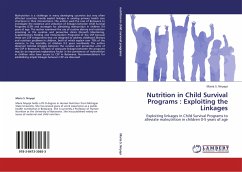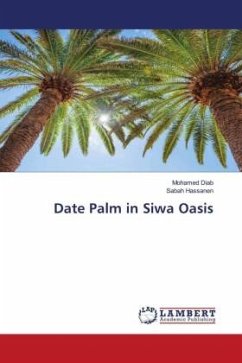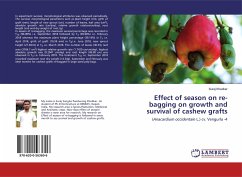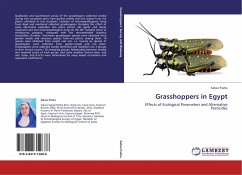Potato brown rot, caused by Ralstonia solanacearum, has been reported in Egypt many years ago.The disease has created a lot of quarantine problems during the course of exportation of table potatoes to Europe. This work was conducted to study the persistence of Ralstonia solanacearum, the causative agent of brown rot disease of many crops including potato,in different habitats under Egyptian traditional cultivation conditions,along with certain some bacteriological and pathological aspects related to the epidemiology of the brown rot bacterium. Isolation from different soil types, potato tubers, potato stems, weeds, irrigation water and identification of the local strains of R. solanacearum were carried out using many morphological, physiological, serological and molecular biology methods. Biological, chemical and physical soil characteristics were considered in a trial to determine certain conditions related to the epidemiology of R. solanacearum.Also,Fluctuation in R. solanacearum and microbial flora densities in bare unplanted clay loam and loamy sand soil were studied.
Bitte wählen Sie Ihr Anliegen aus.
Rechnungen
Retourenschein anfordern
Bestellstatus
Storno

